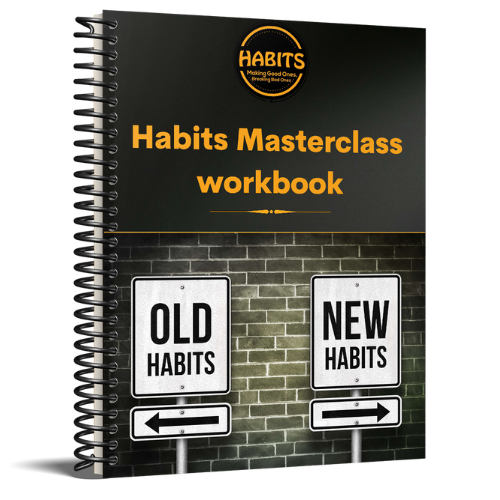Chris Cravens on Getting Away with God For Solitude
I recently sat down with Chris Cravens for an interview. Chris served as the pastor of Findlay Bible Methodist Church, in Findlay, OH for years. During that time, the church experienced a tremendous turnaround and solid, sustainable growth. Chris just crackles with passion for God and lost people. I interviewed him for an hour, covering all […]










